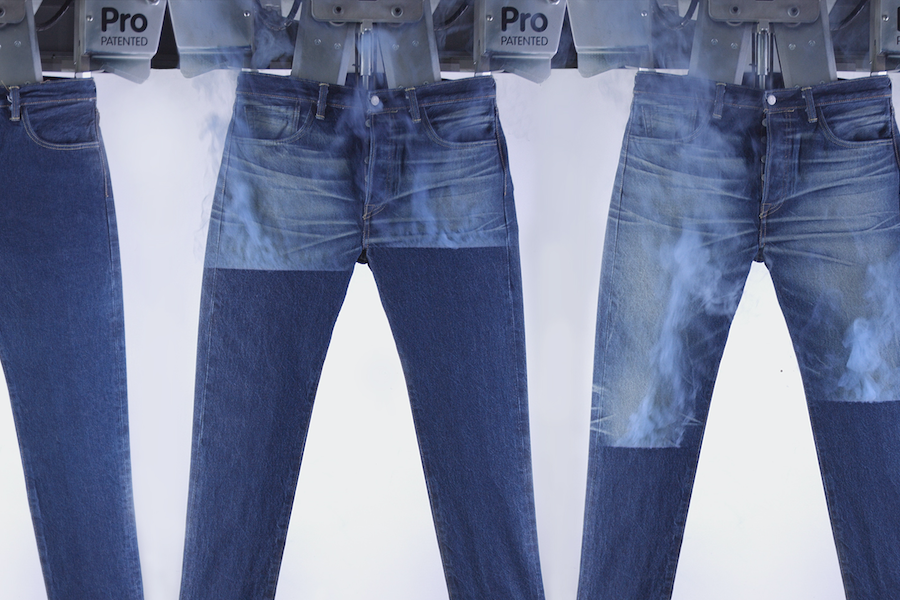#Textile chemistry
BASF expands its sustainable polyamide portfolio with products with reduced and, for the first time, net zero CO2 footprints
New polyamides with reduced and, for the first time, net zero CO2 footprints: Ultramid® LowPCF and Ultramid® ZeroPCF from BASF
Ultramid® LowPCF is produced using electricity from renewable energy sources and low-emission steam and Ultramid® ZeroPCF is the first polyamide 6 in the industry to achieve a CO2 footprint of net zero
Electricity from renewable sources is used to manufacture the LowPCF products, including from the Hollandse Kust Zuid offshore wind farm in the North Sea, in which BASF has a stake. Furthermore, low-emission steam is generated by using certified biomethane instead of natural gas. Compared to common industry benchmarks***, the PCF from raw material extraction to the factory gate (“cradle-to-gate”) is reduced by at least 30%. This PCF reduction enables the customer to reduce its Scope 3.1**** emissions in accordance with the Greenhouse Gas Protocol.
In order to further reduce the PCF to net zero, BASF uses renewable raw materials according to the mass balance approach. At the beginning of the production process, fossil raw materials are replaced by the corresponding amount of certified biomethane and bio-naphtha and allocated to the sales products using the mass balance approach. ZeroPCF products are certified in accordance with the ISCC (International Sustainability and Carbon Certification) PLUS Standard.
“We are the first company in the world to offer both LowPCF and ZeroPCF options in the polyamide 6 value chain. With this portfolio, we meet the increasing demand in the industry and are helping our customers to achieve their sustainability goals,” said Pedro Serra, Head of Sales PA6 Europe at BASF.
With the addition of the Ultramid LowPCF and Ultramid ZeroPCF variants to the polyamide product portfolio, BASF’s Monomers division offers a broad portfolio of sustainable solutions and continues to pursue the goals outlined in its ”Sustainability Roadmap”. The division’s sustainable offerings are an essential part of BASF’s path to climate neutrality and net zero CO2 emissions by 2050.
BASF will present its broad polyamide product portfolio to customers and partners in line with the ”Choose to reduce” approach at Fakuma, the international trade fair for plastics processing. This fair will take place from October 15 to 19, 2024 at Messe Friedrichshafen.
*Ultramid® ZeroPCF = taking into account the “biogenic uptake”, i.e. the amount of CO2 absorbed from the atmosphere during the growth of biomass and bound over the lifetime of the material. In addition to renewable electricity and low-emission steam, the biogenic uptake enables the product’s CO2 footprint to be reduced to net zero.
**PCF = The calculation of the Product Carbon Footprint (PCF) for conventional products follows the requirements and guidelines according to ISO 14067:2018. TÜV Rheinland has determined in a method review that the PCF (SCOTT) methodology developed and used by BASF SE is scientifically sound, in line with ISO 14067:2018 and the Together for Sustainability PCF guideline and reflects the state of the art (ID no. 0000080389: BASF SE - Certipedia).
***Common industry benchmarks = relevant PCF values from critically reviewed LCA studies such as Plastics Europe
****Scope 3.1 = Emissions from purchased goods and services














